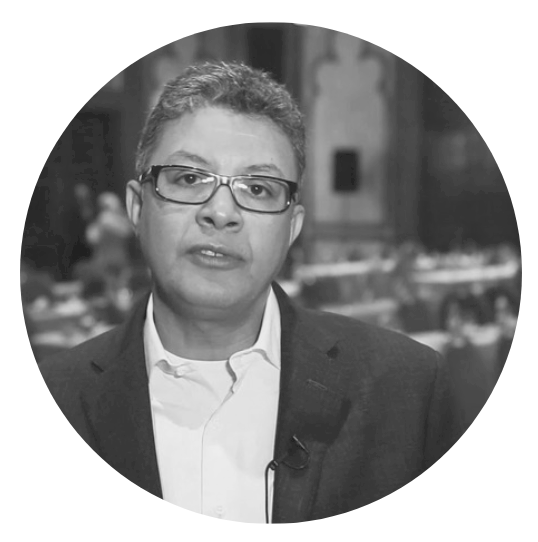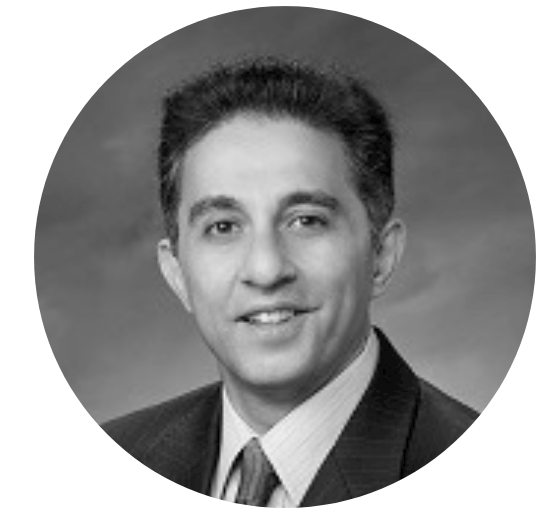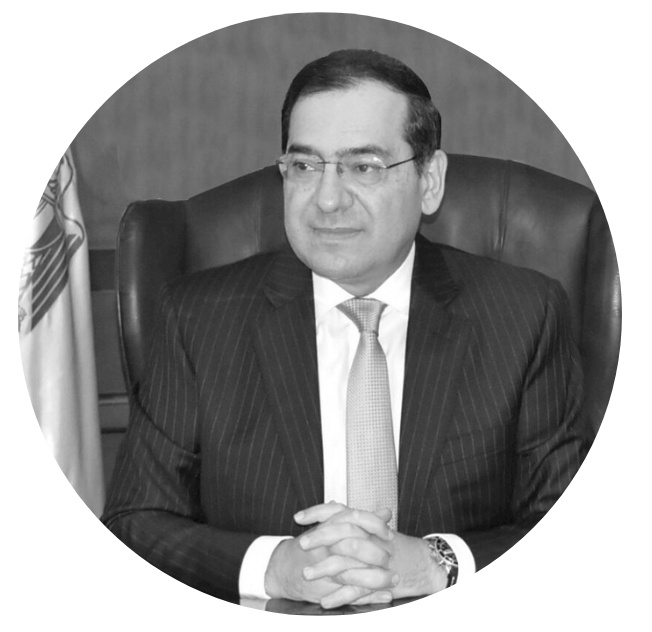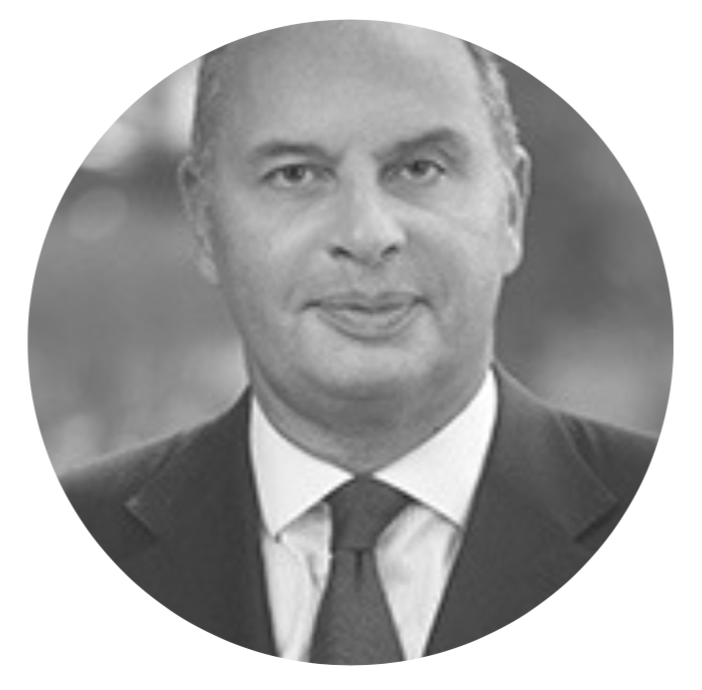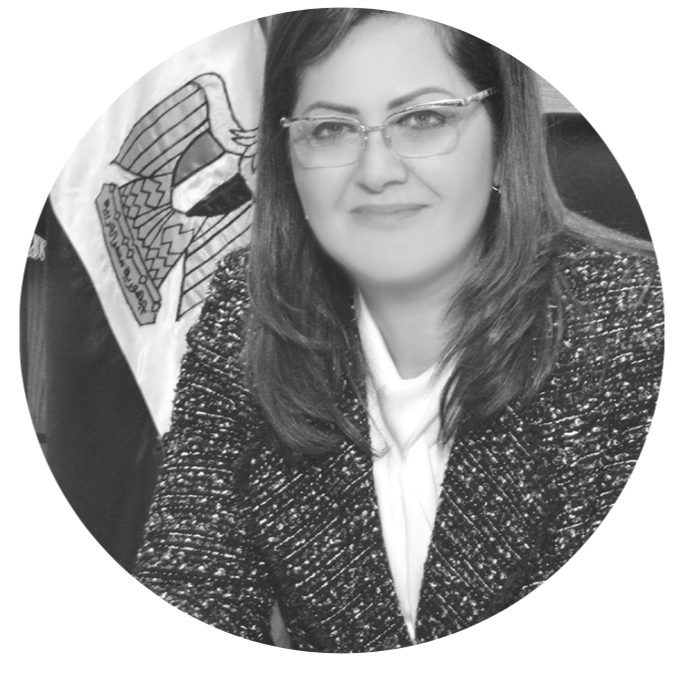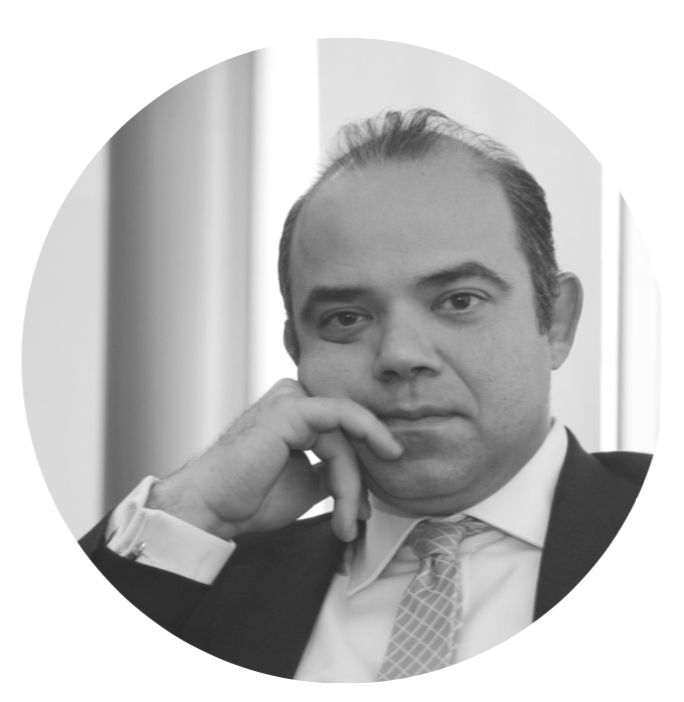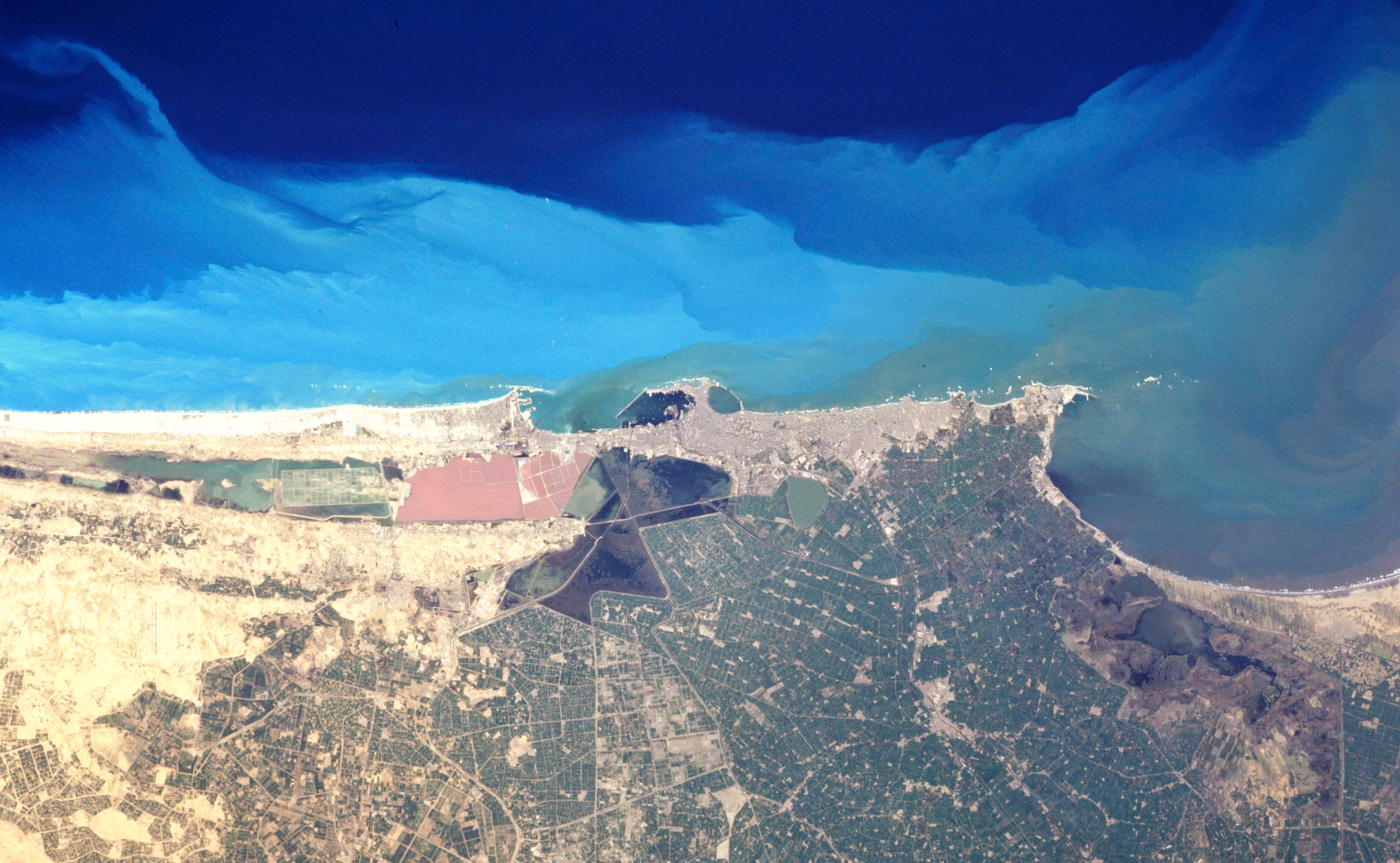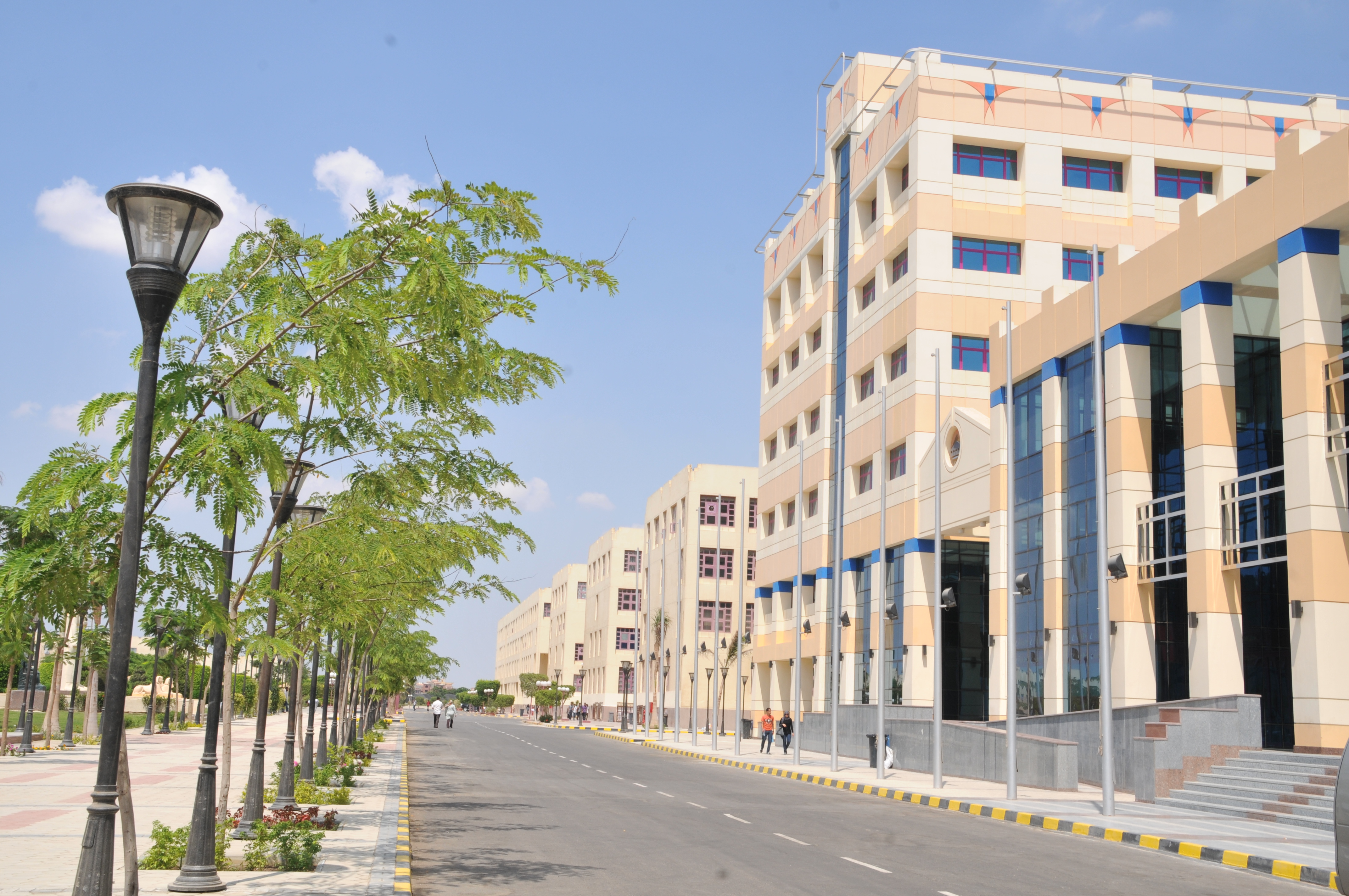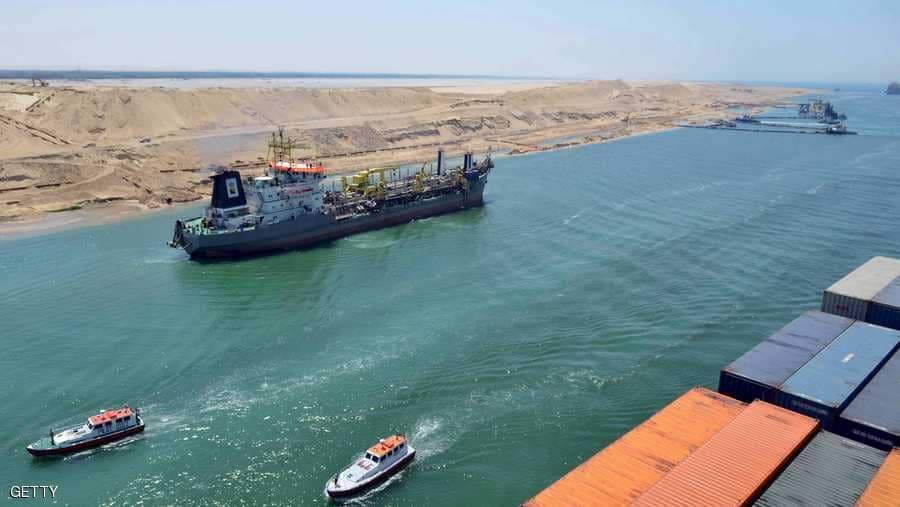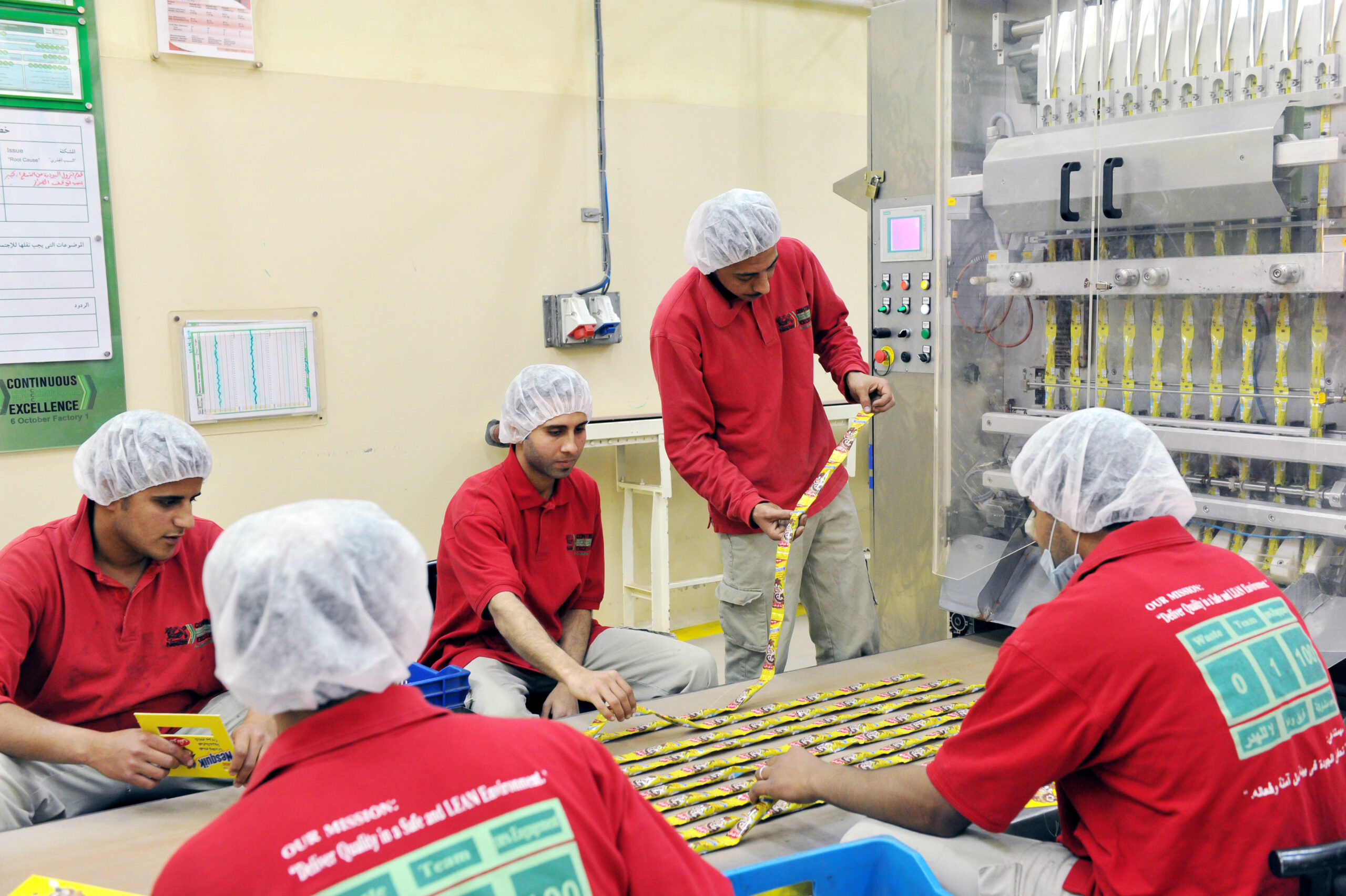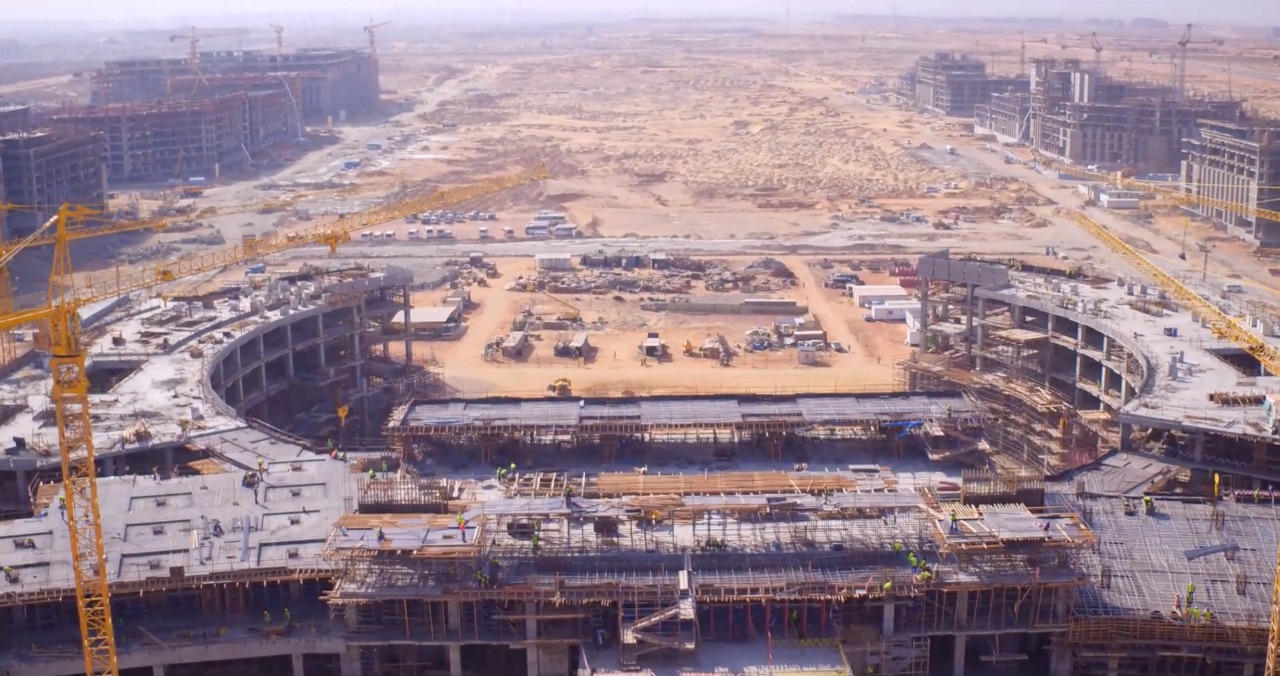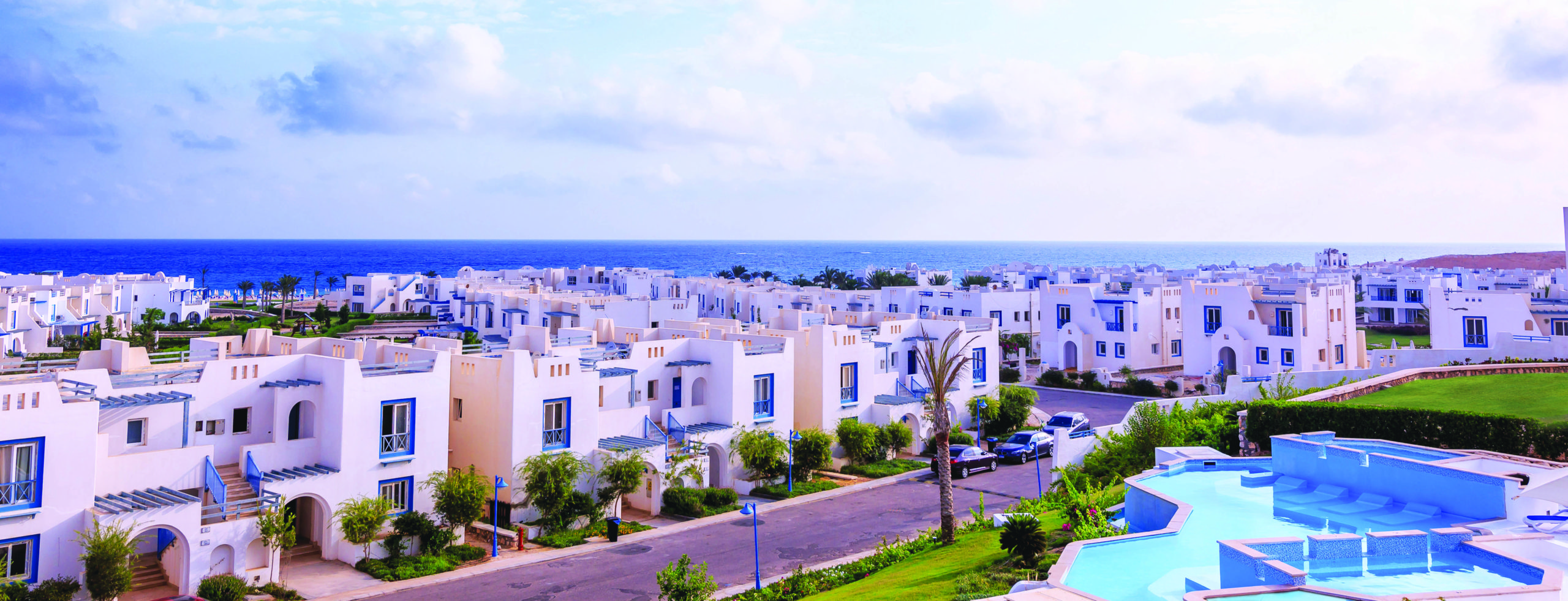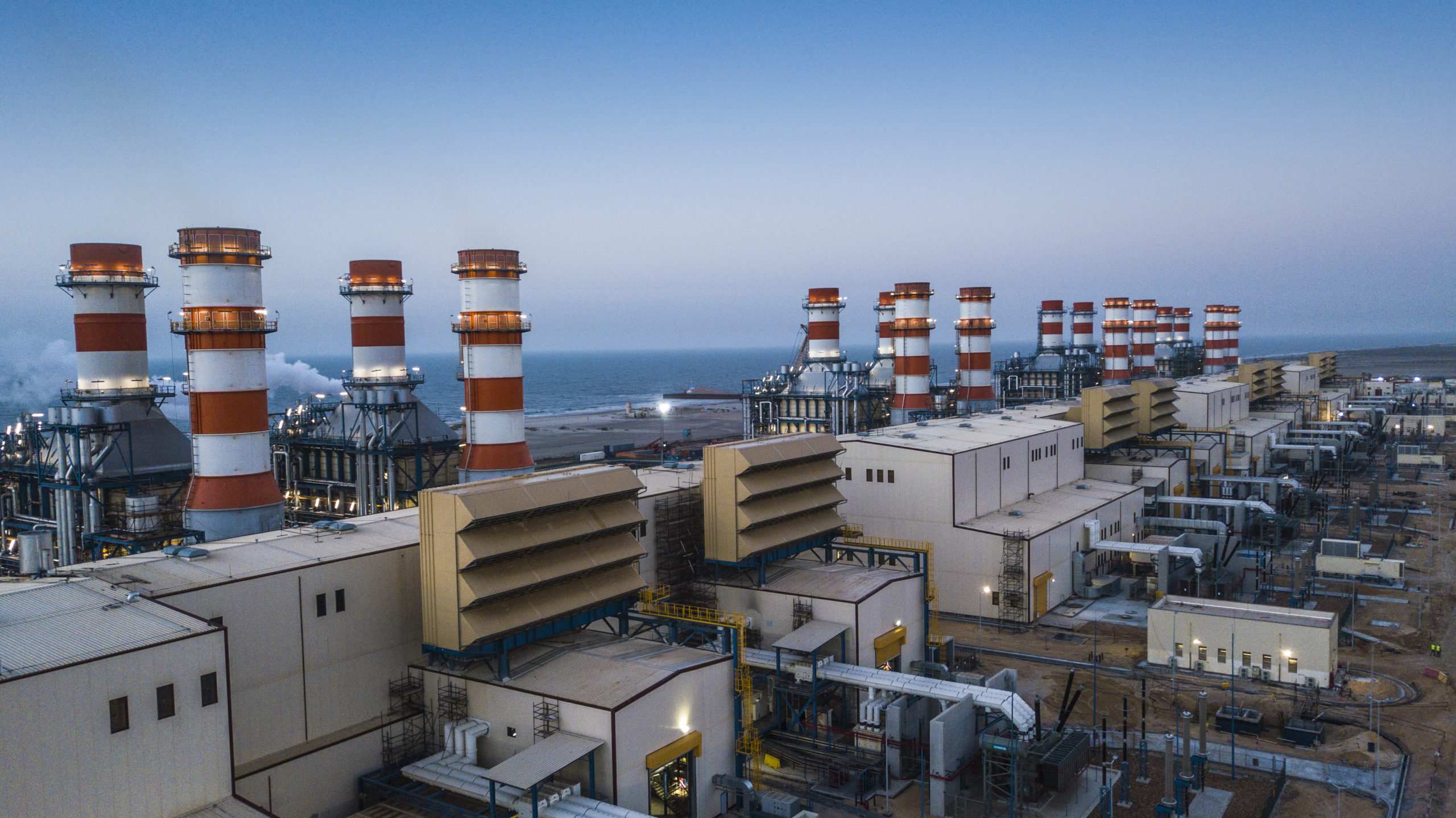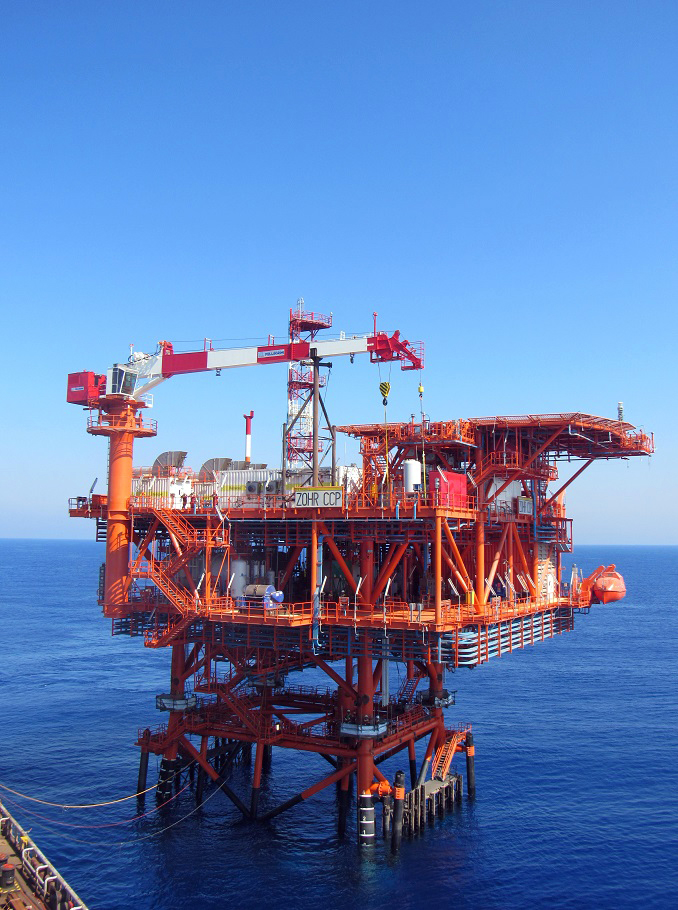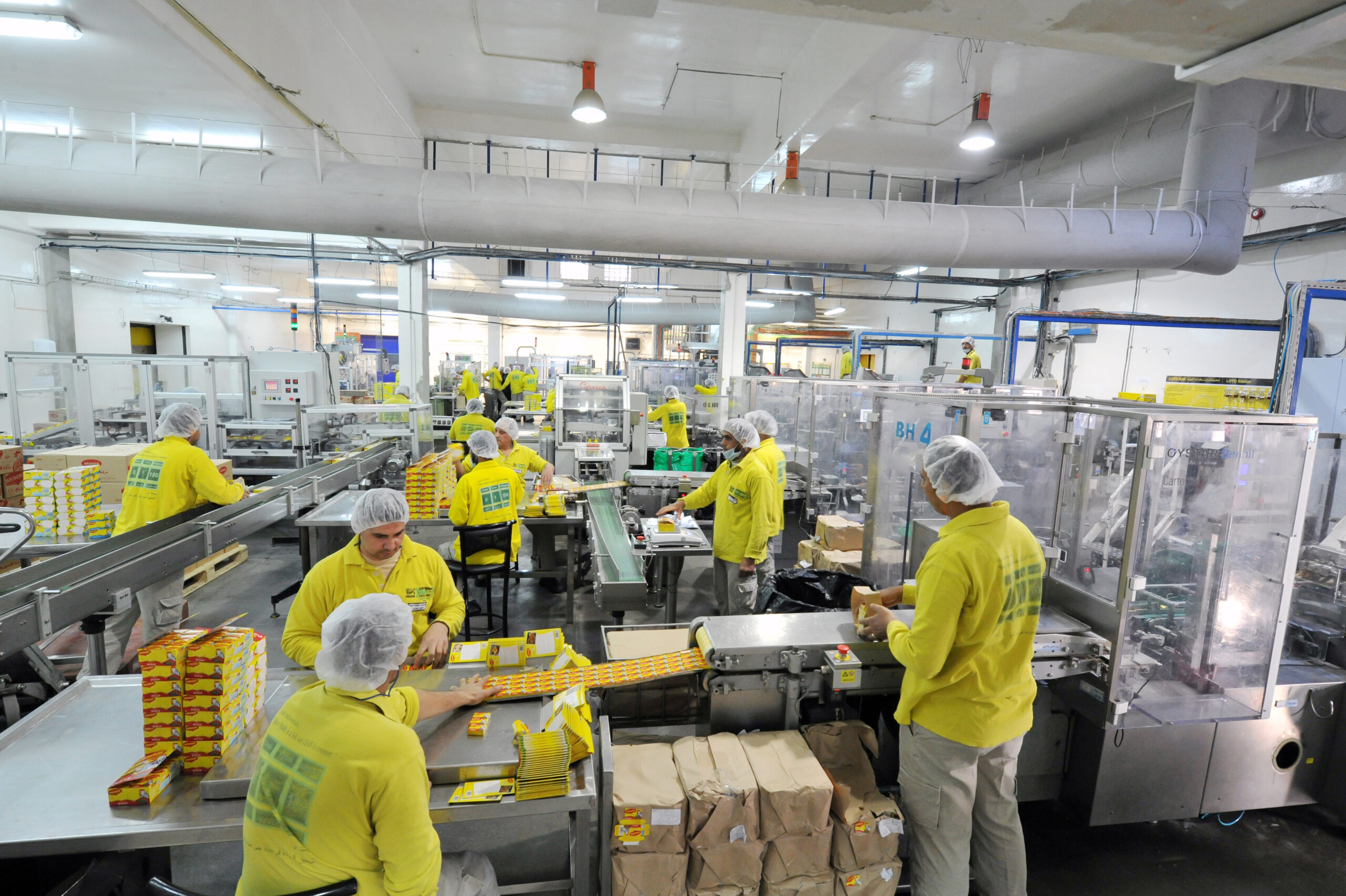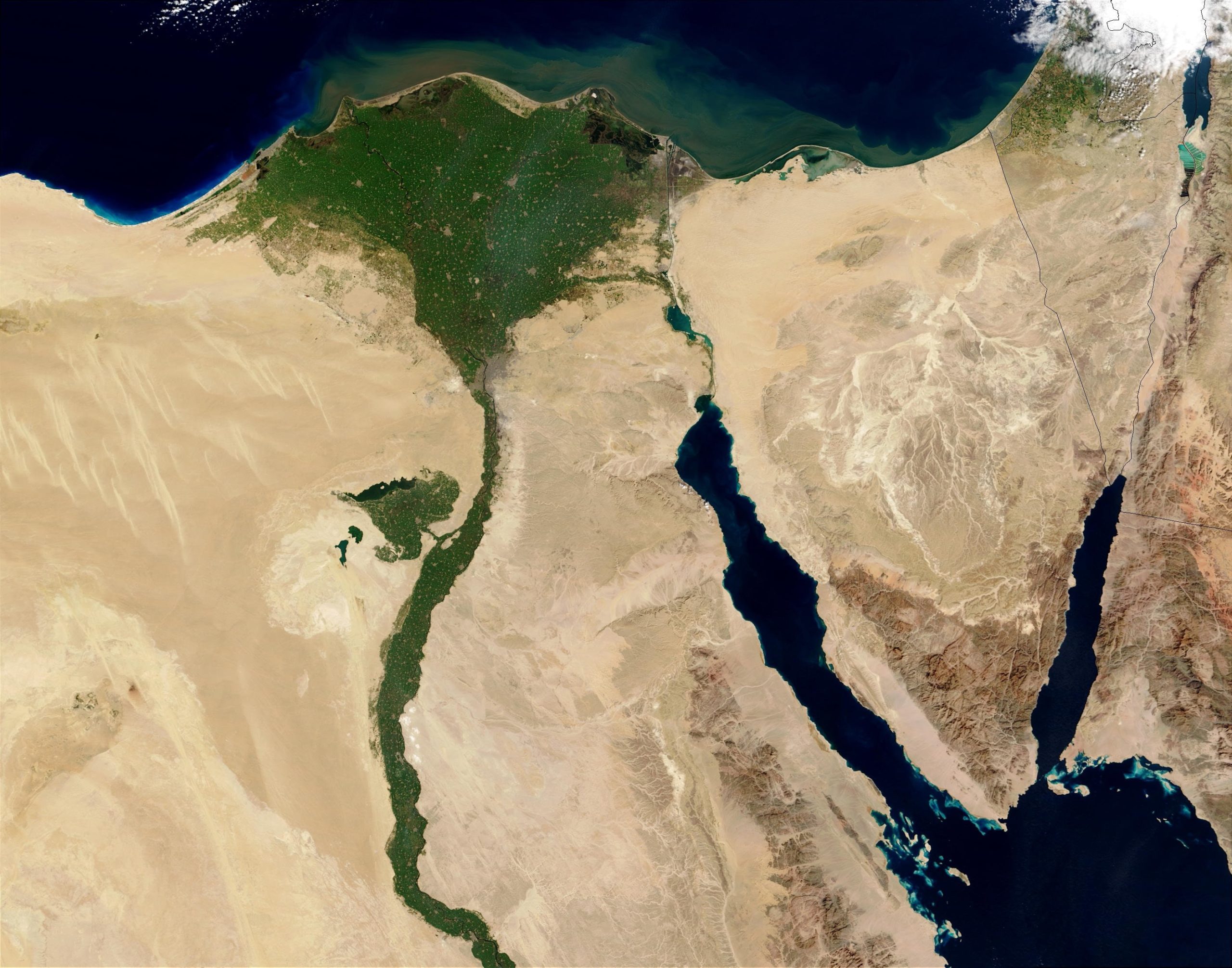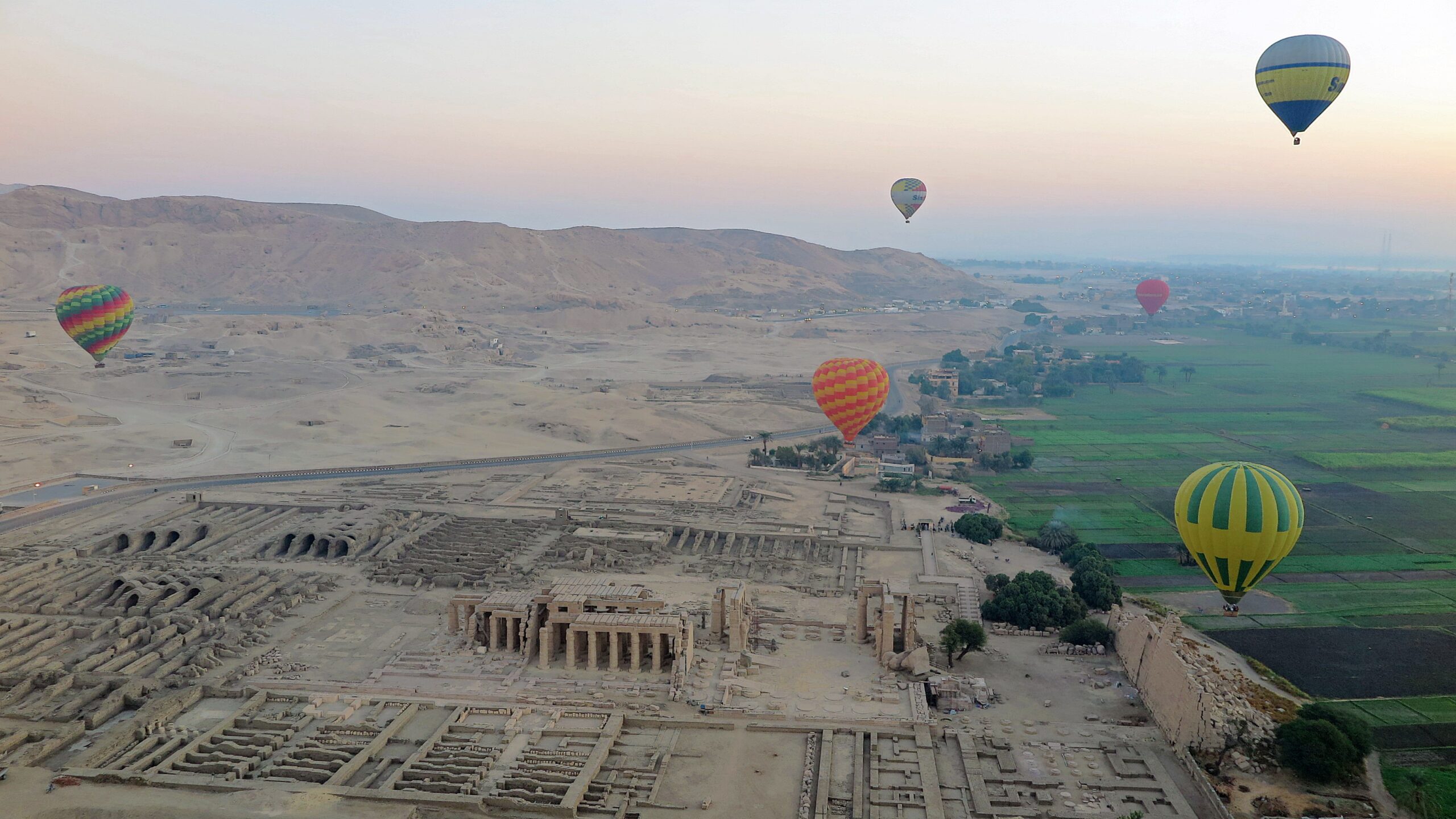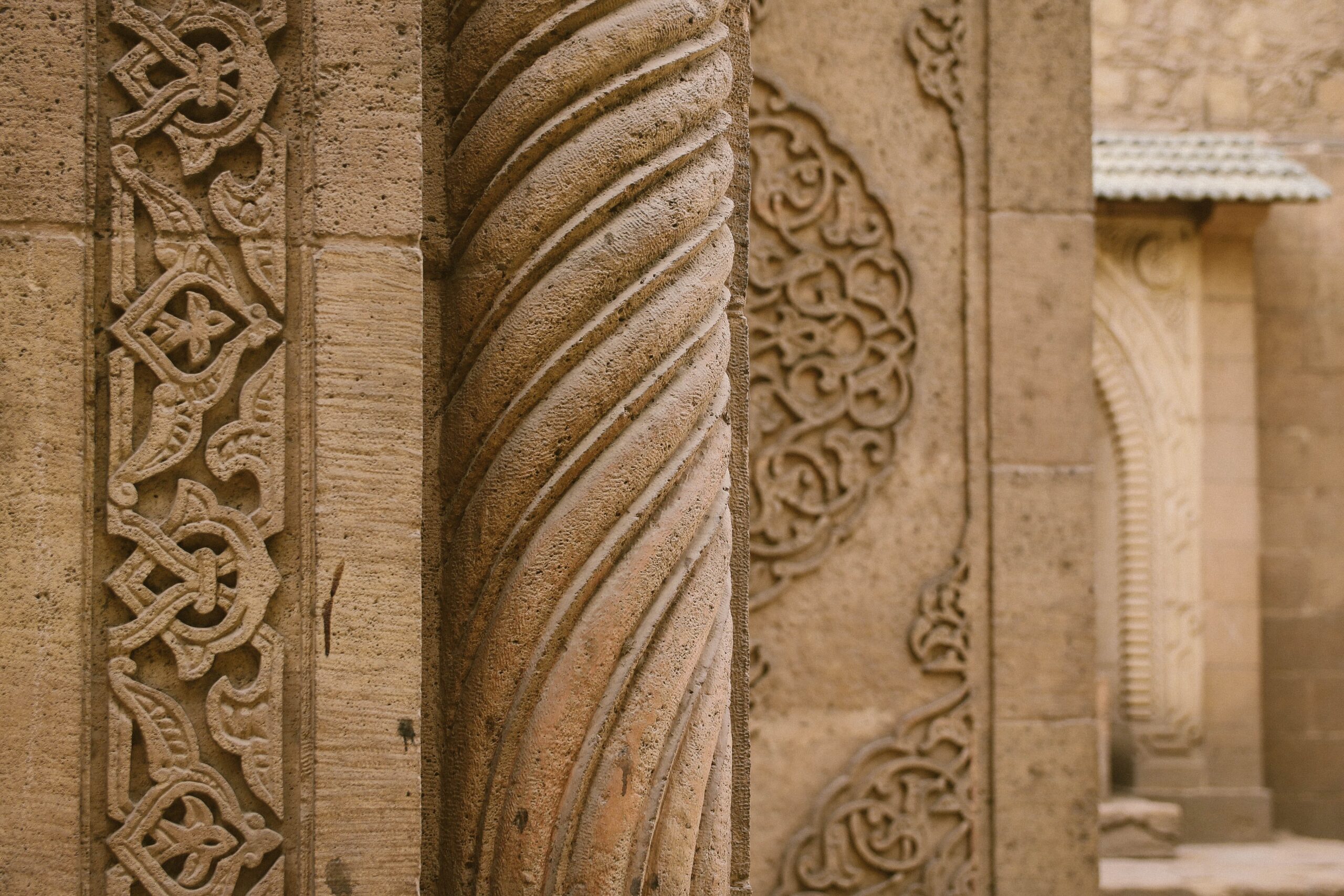A hidden gem in Switzerland, Glarus offers Swiss benefits at a cost advantage
One hour outside Zurich lies the Canton of Glarus, a picturesque, business friendly industrial region within the Greater Zurich Area. It is home to award winning tourism destinations and wonders such as the geologic UNESCO world heritage site of the Tectonic Arena Sardona. Furthermore, the Canton has a thriving business ecosystem.
As a business location, ease of doing business is engrained in the Canton’s DNA. In the 19th century, facilitating business allowed the region to transform into an exceptionally successful textile industry for the small mountain region. This led Glarus to become one of the first cantons to industrialize, roll out business development laws, and as a result is increasingly becoming an attractive business location. Companies and individuals enjoy a significantly lower cost of living relative to Zurich, with a significantly higher purchasing power. Corporations can easily locate affordable real estate options and competitive labor costs.
Residents in the region are skilled and capable workers with extensive expertise within various high value precision industrial companies. Local industry has flourished and become part of an intricate global value chain. Based in the Canton of Glarus lies Sauter Bachman, an indigenous success story with nearly 100 years of history. The Swiss precision manufacturing company produces multifaceted high-quality gears, gearboxes and complex systems for customers in industry and aerospace. GE Aviation, Pratt Whitney and other US clients rely on Sauter Bachman, which in turn relies on the expertise of its local employees commuting to its facilities in Netstal.
In addition, Glarus offers companies ample room to grow and prosper, and is renowned for its customized approach, offering quick decisions and a lack of bureaucracy. Glarus is exceptionally well connected with transportation links to major destinations, including a short one hour journey by car or train to Zurich airport. Companies capitalize on the major north-south axis (A3) motorway running through the canton, and individuals also benefit from a small airport in Mollis.

Ms. Marianne Lienhard, Provincial Governor and Head of the Department of Economics and Home Affairs of the Canton of Glarus stated, “To this day the government of Glarus’s highest priority is ensuring local enterprises have the best economic conditions possible and the government focuses on fostering the development of this ecosystem, allowing companies of all sizes to grow. Once companies have decided to locate their operations within the Greater Zurich Area, Glarus offers a unique value-added proposition. The Department of Economics of the Canton of Glarus offers a variety of services to support entrepreneurs starting a business, and established companies who are considering settling in the region.”
Complementary to the business offering, the canton also has a notable tourism offering. In addition, to the unbelievable geologic phenomenon of the Tectonic Arena Sardona mountains, the canton has made the most of its unique industrial heritage. The Canton of Glarus created a Glarus Industrial Trail, which is flowing with 250 years of rich history. The region’s history centered around its homegrown textile industry, where the hydropower from the River Linth was crucial for the industry’s success. The local government fostered a supportive environment for the textile industry to flourish, allowing the region to export worldwide printed fabrics. Today, the Canton continues to provide an ecosystem to sustain this industrial heritage, and continues to improve infrastructural amenities. For instance, the once archaic textile buildings were repurposed and now host major manufacturing centers for plastics, high-tech products, multi-purpose centers, and several buildings were transformed into museums. The trail has attracted additional tourists to the canton, and has received national recognition as an innovative tourism project.
Ms. Marianne Lienhard further discussed the impeccable quality of life in the canton and stated, “The region of Glarus is in the middle of nature and offers various family-friendly recreational opportunities within its relaxed atmosphere with a variety of holiday resorts. The natural lake of Klöntalersee and distinctive mountains such as Wiggis and Glärnisch are popular visits. Visitors to the Canton of Glarus can easily access the geologic marvel of the Tectonic Arena Sardona. The key to how the Alps were formed was found in Sardona and visitors will experience an important chapter of Earth’s history. There is a vast number of leisure activities throughout the year and the combination of industrial tradition, alpine nature, and high quality of services make life wonderful.”



